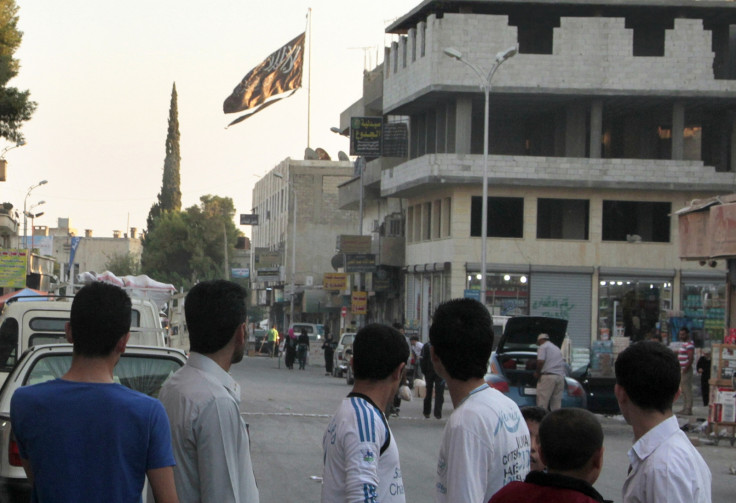Free Syrian Army commander Abu Layla killed by Isis sniper fire in battle for Raqqa
Abu Layla, the Free Syrian Army's (FSA) commander died on Sunday, several days after being injured during an assault on Islamic State's Syrian stronghold Raqqa. He was in charge of a brigade in the Kurdish Syrian Democratic Forces when he was hit by an IS sniper on the outskirts of Manbij.
Ranj Talabani, a member of the Kurdish Zaniyari intelligence organisation, confirmed that Abu Layla had been badly injured on Friday, 3 June, according to ARA News. The Kurdish fighter had been evacuated by a US military helicopter to a hospital in Sulaymaniyah, an Iraqi Kurdish city.
On his arrival Talabani, an intelligence officer in Iraqi Kurdistan, wrote on Twitter: "Abu Layla's condition is severe, with internal bleeding to the brain, and doctors are unable to remove a bullet to the head. The FSA commander is now in Slemani's [Suleymaniyah] ICU and his situation is still critical, doctors may go to surgery again. Waiting for updates."
Layla died of his wounds on Sunday, 5 June.
Layla was a seasoned fighter who had been injured several times before and had seen battle against Isis (Daesh) militants in Kobani during 2015, according to the Syrian Observatory for Human Rights.
Manbij controls the supply route between the Turkish border and IS's stronghold of Raqqa, according to the Kurdish website Rudaw.

Retaking Islamic State's 'capital'
The push to remove Islamic State from Raqqa, which is being carried out by a US-backed alliance of Syrian Kurdish and Arab militia, continued. On Sunday, Iraqi forces said they have secured the southern edge of the IS stronghold of Fallujah, according to AP.
A spokesperson for Lebanon's Hezbollah group, which is fighting alongside Syrian government forces, said Syrian troops reached the border of Raqqa province after advancing about 6km (4 miles) on Saturday.
Heavy IS counterattacks include creating booby traps to slow the main push into the city centre. "They build entire houses into [bombs]. Then if someone goes in there you've got enough explosives to blow the whole house up and wreck half the neighbourhood." Colonel Christopher Carver, spokesman for the anti-IS coalition told the Sunday Times.
He added: "They've had heavy machineguns, artillery, mortars, mines and intricate defensive positions with tunnels."
© Copyright IBTimes 2024. All rights reserved.






















